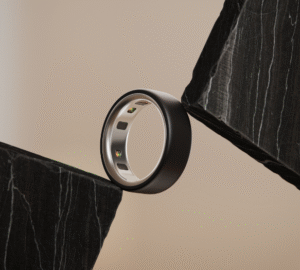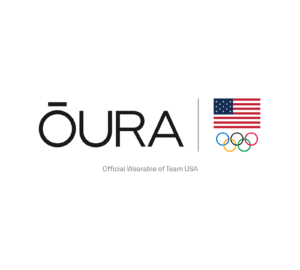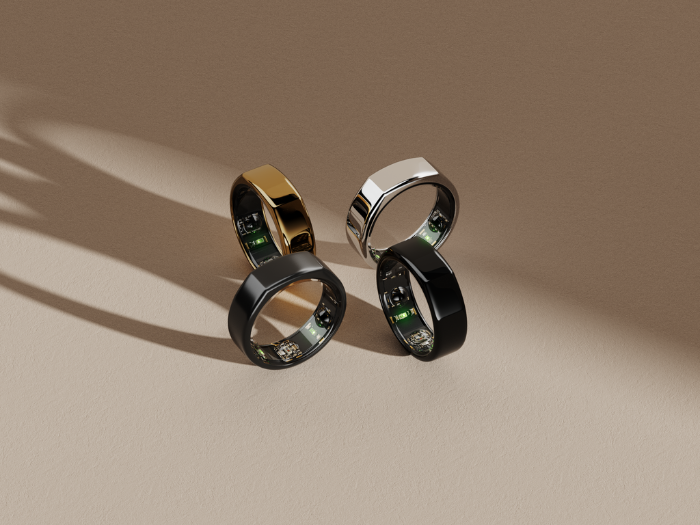A new study conducted by the University of Tokyo further validates the accuracy of Oura Sleep Staging Algorithm 2.0.
“Oura has always had a relentless focus on accuracy and scientific validation, especially when it comes to sleep,” says Oura CEO Tom Hale. “Our latest validation paper comes from the University of Tokyo and the results are striking.”
Comparing the accuracy of the sleep staging algorithm on Oura Ring Gen 3 to polysomnography (PSG), the findings were highly favorable and bring further scientific credibility to Oura’s sleep tracking ability.
The results from this latest study align with and build upon the findings of prior studies examining the accuracy of Oura’s sleep staging algorithm, such as a recent study by the National University of Singapore.
Read the full paper in the peer-reviewed journal Sleep Medicine here.
READ MORE: Oura’s New Sleep Staging Algorithm: More Accurate Than Ever Before
Oura’s Ongoing Commitment to Accuracy
“In 2023, Oura rolled out our Sleep Staging Algorithm 2.0. At the time, it had been in development for years, and was independently validated against polysomnography,” says Hale. “But we weren’t just stopping there. Oura is committed to continuous improvement, so we’ve continued to test, validate, and improve our sleep staging algorithm since then.”
Polysomnography (PSG) is the gold-standard sleep lab test. It uses electroencephalography (EEG) to measure electrical brain waves to see which sleep stage you are in, and it also takes into account muscle activity and eye movements. While accurate, it requires an intensive setup with medical-grade equipment and can be costly and time-consuming.
READ MORE: Inside the Ring: Developing Oura’s Latest Sleep Staging Algorithm
Study Overview
96 healthy Japanese men and women between the ages of 20 and 70 were recruited for the University of Tokyo study.
Participants were asked to sleep in a designated hotel during their typical sleep schedule. For each night, participants were asked to wear three Oura Rings (one Gen2 ring, and two Gen3 rings, worn on the left and right hand, respectively) in addition to the PSG.
Additionally, participants were asked to complete a pre-sleep and post-sleep questionnaire to mark their bedtime, wake-up time, and any factors that may have affected their sleep.
Each participant could contribute with a maximum of three PSG nights.
The participants’ sleep data was segmented into 30-second epochs, to calculate validity measures, resulting in a total of 421,045 such segments for analysis. Each epoch serves as a discrete unit of time, allowing researchers to examine sensitivity, specificity, predictive value for sleep and wakefulness, and accuracy.
The results were then analyzed.
Study Findings
Overall, Oura Ring “did not significantly differ” from PSG for the following measures:
- Time in bed
- Total sleep time
- Sleep onset latency
- Sleep period time
- Wake after sleep onset
- Time spent in light sleep
- Time spent in deep sleep
Sleep staging accuracy ranged between 75.5 % (light sleep) and 90.6 % (REM sleep). The Oura Ring had a sensitivity of 94.4 % to 94.5%. Results were similar between Oura Rings worn on the non-dominant and dominant hand.
The researchers concluded: “Oura has high sensitivity and specificity with almost perfect agreement with PSG for 2-stage sleep classification, and an inter-device reliability of 94.8 %.”
Moving Forward
This exciting study, along with previous research, solidifies Oura’s status as a science-first sleep-tracking wearable.
“We pride ourselves on being the most accurate and trusted smart ring available and will always keep research and validation core to our mission,” Hale notes.
“As we expand beyond the boundaries of sleep, we are committed to aiming higher when it comes to validating Oura with scientific evidence and objective measures.”
This approach ensures that Oura remains at the forefront of technological advancements, continuously enhancing our capabilities and expanding our contributions to the broader field of health monitoring.
Read the full paper here.
RELATED: How Accurate Are Oura’s Heart Rate & HRV Measurements?
*This study was partly funded by Oura but Oura did not take any role in data analysis or writing.











